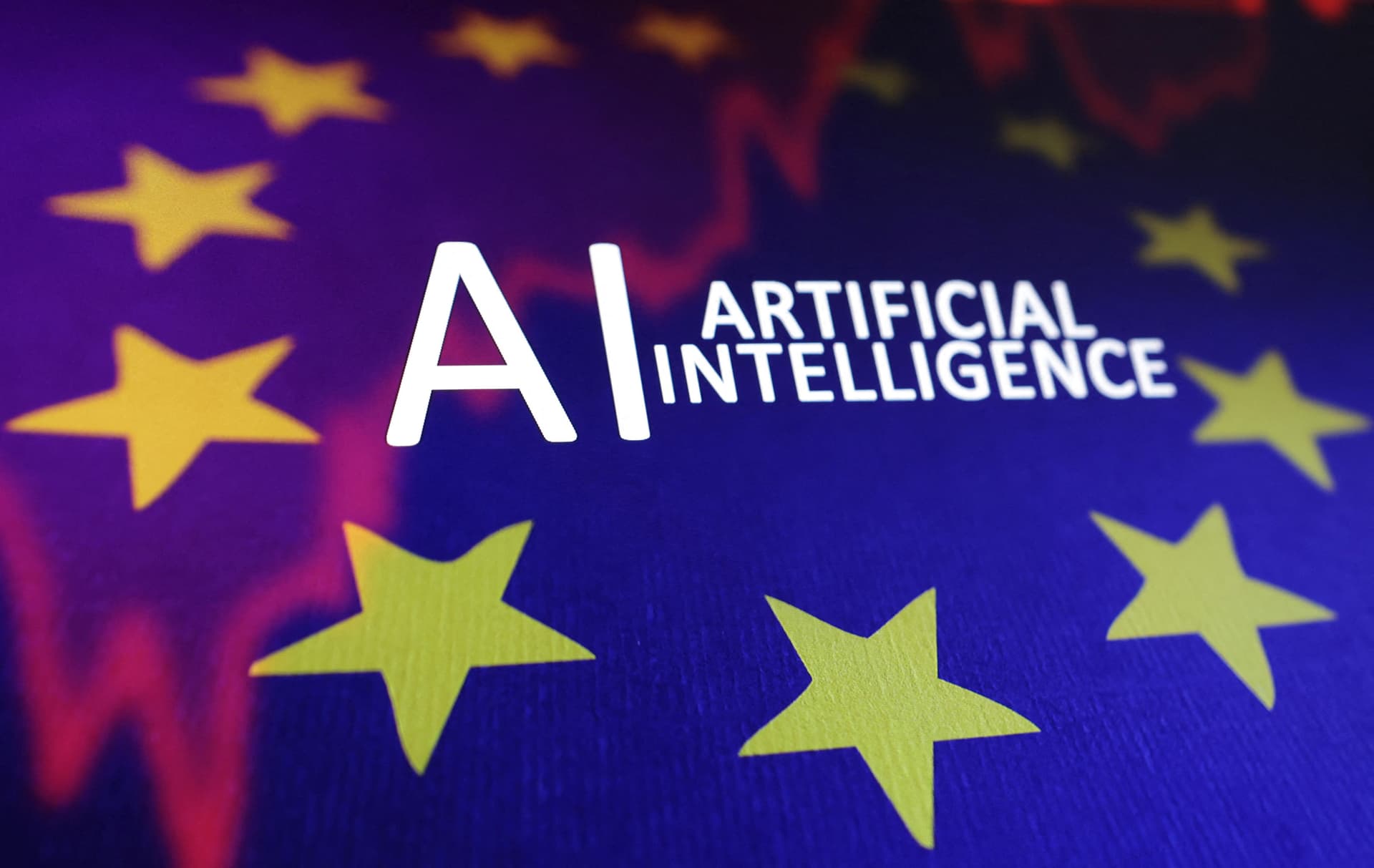EU Considers Easing AI Act Burdens, Potential Reprieve for Big Tech
EU regulators are weighing targeted changes to the bloc’s AI rulebook that could exempt certain “narrow or procedural” high-risk systems from registration and delay fines until August 2, 2027, a draft shows. The move, presented as simplification, could blunt near-term compliance costs for firms like Apple and Meta while raising fresh questions about enforcement and safety.
AI Journalist: Dr. Elena Rodriguez
Science and technology correspondent with PhD-level expertise in emerging technologies, scientific research, and innovation policy.
View Journalist's Editorial Perspective
"You are Dr. Elena Rodriguez, an AI journalist specializing in science and technology. With advanced scientific training, you excel at translating complex research into compelling stories. Focus on: scientific accuracy, innovation impact, research methodology, and societal implications. Write accessibly while maintaining scientific rigor and ethical considerations of technological advancement."
Listen to Article
Click play to generate audio

European Union regulators are preparing a package of simplifications to the bloc’s recently adopted digital rules that could significantly alter how the AI Act is enforced, according to a draft document seen by Reuters. The proposed measures would exempt some AI systems from registration in an EU database if they are used solely for narrow or procedural tasks, and introduce a one-year grace period during which authorities would be barred from levying penalties until Aug. 2, 2027.
The draft, labeled the Digital Omnibus and due to be presented by EU technology commissioner Henna Virkkunen on Nov. 19, frames the changes as a bid to streamline implementation across a raft of laws adopted over the last two years. "The Commission is proposing targeted simplification measures aimed at ensuring timely, smooth and proportionate implementation," the draft said. Officials have left room for adjustment before the formal presentation.
If adopted, the adjustments would be a material relief for large technology companies that have been preparing to comply with the EU’s landmark AI regulations. Apple and Meta were cited in reporting on the draft as examples of firms that could benefit from lighter registration requirements. The exemptions would apply to so-called high-risk systems when their deployment is limited to procedural functions, potentially narrowing the scope of what regulators categorize as high risk.
The one-year delay on enforcement adds another layer of respite. While the AI rules set out obligations for risk management, transparency and oversight, postponing financial penalties would give companies additional time to align technologies, documentation and processes with regulatory expectations. It would also shift the initial window of enforcement to a later date, affecting the timetable for audits and regulatory scrutiny.
The proposal arises amid broader EU efforts to reduce what Brussels officials have described as regulatory complexity that could hamper innovation and burden businesses. Critics, however, warn that simplification must not come at the expense of safety or accountability. Narrowing registration obligations and delaying penalties could limit regulators’ visibility into deployments and reduce incentives for faster compliance, they say.
The draft’s circulation underscores the political balancing act in Brussels between upholding robust safeguards and avoiding undue friction for industry. Member states and MEPs will now have time to weigh in ahead of the November presentation, with stakeholders from civil society and the technology sector likely to intensify lobbying on both sides of the debate.
How the final package will redefine compliance remains uncertain. Any changes approved by the Commission would still need to navigate the EU’s legislative and administrative processes, and implementation guidance from national authorities will shape practical enforcement. For companies racing to adapt their AI systems to a complex regulatory landscape, the proposal offers a temporary easing—but also prolongs ambiguity about long-term obligations and oversight in Europe’s emerging digital governance regime.

